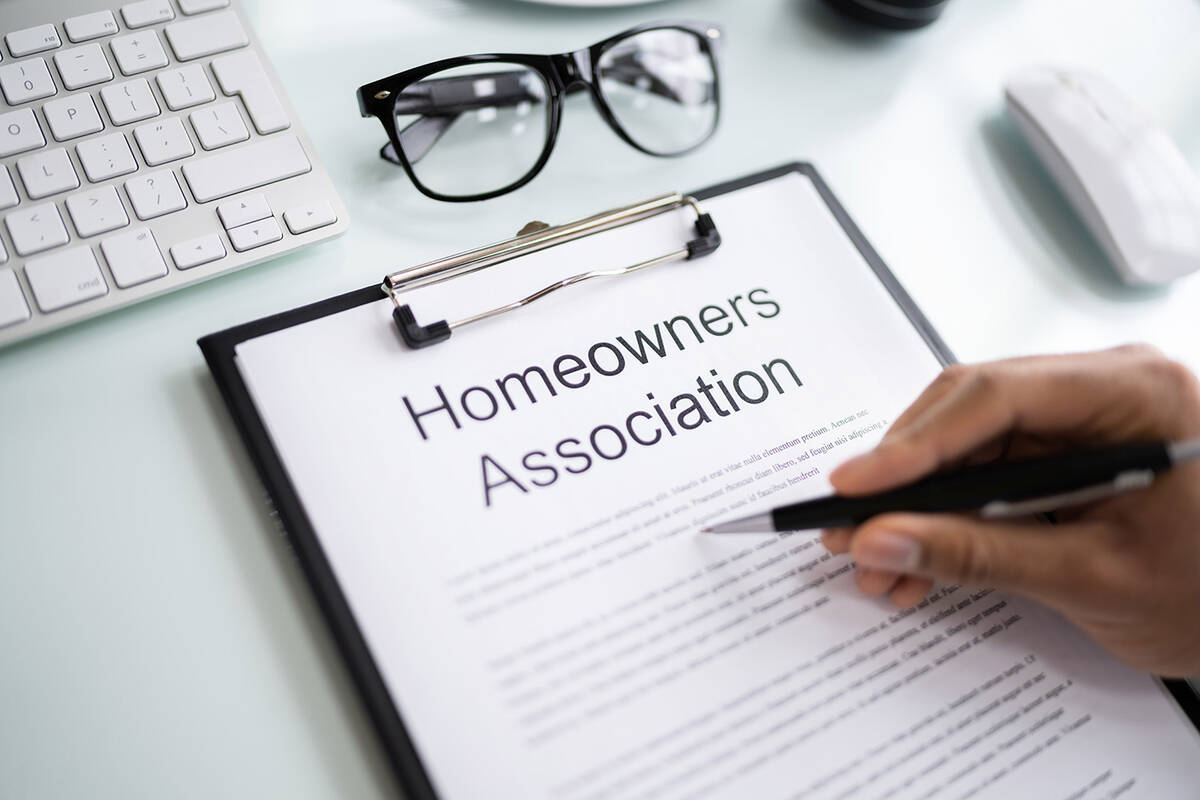Movie club blocked by HOA clubhouse official
Q: I recently purchased a brand-new home in a senior community. A group of us attempted to start a movie night (similar to a book club). The clubhouse event coordinator prevented us from watching our first movie on grounds that it is “politically charged.” They cited a section in our community rules that states:
“Article 2 Common Elements and Areas of Common Responsibility
2.1 General and Common Element Rules. General rules applicable to the community and all common elements and other areas of common responsibility are as follows:
(ix) Political meetings, events or other activities may not be held in the common elements.”
The covenants, conditions and restrictions don’t have this same verbiage. In addition, the community rules that they handed us at closing didn’t contain this section. Moreover, the sales office gave us a marketing material that specifically listed “political discussion club” as one of the many clubs that we could start and join.
We were told that the community rules document was amended recently (without our knowledge) to keep the harmony in the community. The rule was added to respond to about 30 homeowners (out of 400-plus) who complained about political and religious activities in our clubhouse.
Currently, the declarant is the developer. Do you know if we could challenge this rule? What is the best way to handle this?
A: Most governing documents allow the board of directors to develop rules and regulations as long as they are consistent with the governing documents. In your case, there is broad language as to the restriction of political events.
From your comments, the clubhouse event coordinator made the decision to prevent the showing of the particular movie. Is there a Clubhouse Event Committee? What authority does the coordinator have in your governing documents? If there is a committee, find out the process of having some hearing to present your position. If there is no committee, you would need to request a meeting with the board to see if they are willing to override the coordinator’s decision.
You may need to contact an attorney over this censorship.
In sponsoring a movie night club, will you need any special “permit” to show the movie? You should also check that out.
Q: Last September, I wrote to you regarding my concern of having a sitting homeowners association board member simultaneously serve on a committee creating a conflict of interest. Included in your response, you stated that there’s no Nevada Revised Statutes ruling concerning committees and that it would rest within the governing documents.
A new board is now in place, and they’ve gone one better. An ad hoc committee regarding duplexes was recently formed and the vice president of the board has been appointed as a member of the committee. What muddies these waters is that this officer owns multiple properties in the community including duplexes and therefore has a vested interest in the matter. As I see it, if an issue doesn’t get resolved at the committee level and gets escalated to the board for a decision, this person’s vote could be the swing vote to push the issue through since he would get to vote at both the committee and board. Is this something the HOA’s legal department should look at or would it again fall back to the governing documents for clarification?
Thank you in advance for your assistance.
A: Unless your CC&Rs prohibit a board member from serving on a committee, there is no NRS 116 law to prevent the director from serving. In many associations, the board member serving on a committee is a nonvoting member who serves as a liaison for the board. In NRS 116, conflicts of interest pertain to soliciting or accepting compensation, gratuity or remuneration under certain circumstances (NRS 116.31185).
Q: I recently joined our HOA board. If I could ask you a question: Can we legally charge higher HOA rates when new homeowners buy a home in our community? While grandfathering in our current rate for the our existing long-term homeowners.
A: No. Whatever is your scheduled assessment that was approved at your 2024 budget ratification meeting is the assessment for all homeowners, existing and new ones.
Barbara Holland, CPM, is an author, educator and expert witness on real estate issues pertaining to management and brokerage. Questions may be sent to holland744o@gmail.com.












